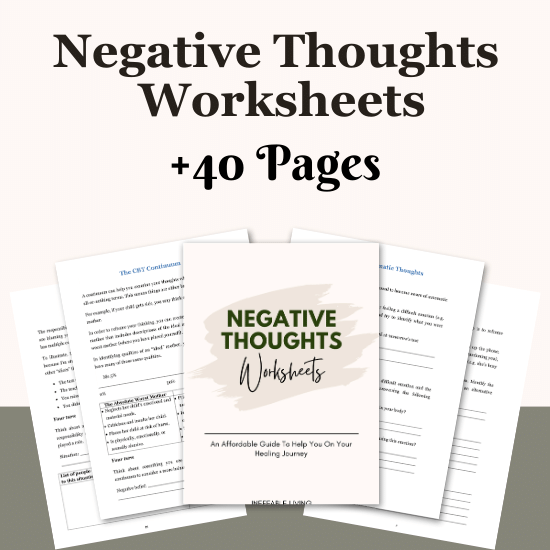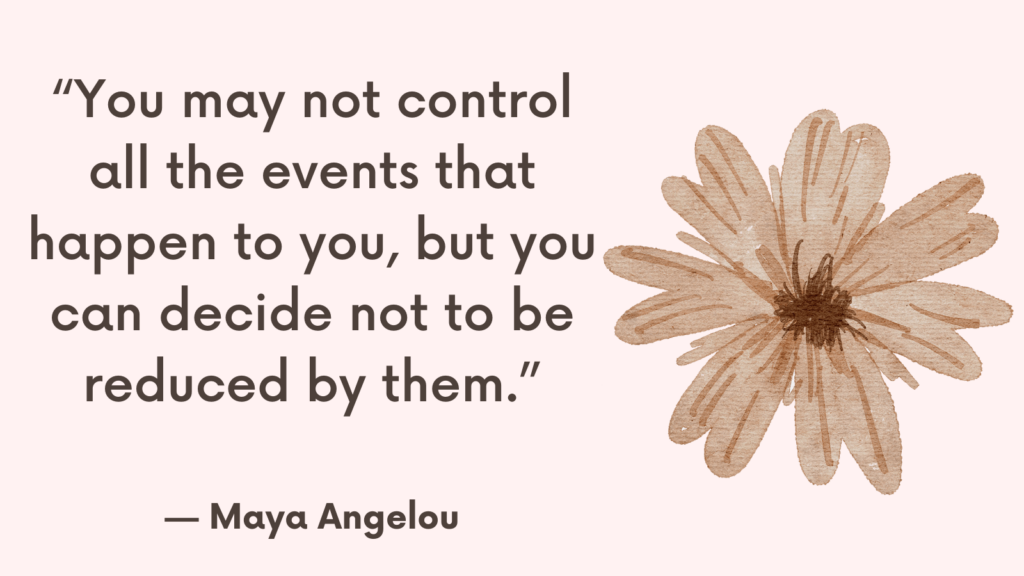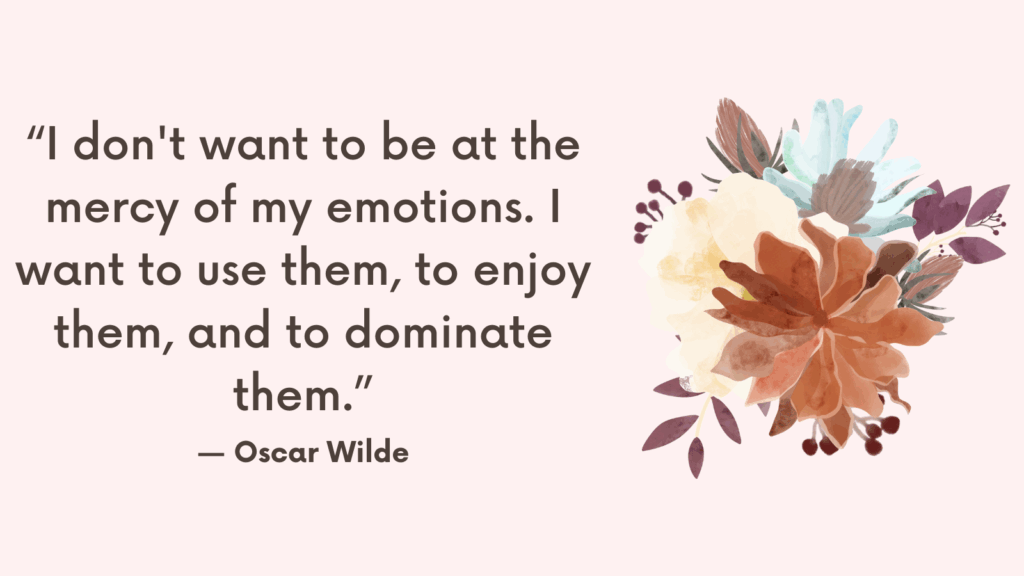Emotions are a fundamental part of our human experience, but sometimes they can lead us astray.
One cognitive distortion that significantly impacts our emotional reactivity is emotional reasoning.
This distortion occurs when we believe something is true simply because it feels true.
This blog post explores emotional reasoning, its effects, and practical strategies to combat it, helping you become less emotionally reactive and more balanced in your responses.
Understanding Emotional Reasoning
Emotional reasoning is a cognitive distortion where you use your emotions as evidence for truth.
It’s the belief that because you feel a certain way, it must be true. This can manifest in various ways:
- “I feel hopeless, so my situation will never improve.”
- “I feel sad, so my life must be awful.”
- “I feel scared, so there must be real danger.”
Emotional reasoning leads to distorted perceptions and poor decision-making because emotions are powerful motivators but not always accurate indicators of reality.
Related: What Causes Cognitive Distortions? (+Top 10 Common Cognitive Distortions & How To Challenge Them)
The Impact of Emotional Reasoning
Emotional reasoning can significantly affect mental health, contributing to:
– Anxiety: Believing that feeling anxious means danger is present.
– Depression: Assuming that feeling sad means life is pointless.
– Anger: Thinking that feeling angry means you’ve been wronged.
– Self-Doubt: Believing that feeling uncertain means you’re inadequate.
These distorted thoughts lead to emotional reactivity, making it challenging to respond calmly and rationally to situations.
Differentiating Emotions and Intuition
It’s important to differentiate between emotions and intuition.
While emotions are immediate, intense, and often inaccurate, intuition is a deeper, quieter sense of understanding based on experience. Here’s how to tell the difference:
– Intuition: Comes with a quiet sense of confidence and drives toward action. It feels certain and skilled.
– Emotions: Are loud, and impulsive. They may make you feel shaky, confused, or reactive.
Learning to distinguish between the two takes practice and reflection, but it’s crucial for making balanced decisions.
Related: 15 Cognitive Distortions (and How to Challenge Them)
How to Overcome Emotional Reasoning?
1. Slow Down
When you feel a strong emotion, pause.
Slowing down helps create space between stimulus and response, allowing you to make more deliberate choices. Here are some tips:
– Hold your tongue: Don’t react immediately.
– Take a deep breath: Count to five or ten before responding.
– HALT: Avoid making decisions when you are Hungry, Angry, Lonely, or Tired.
Practicing these techniques can help you become less emotionally reactive.
2. Opposite Action
Opposite action involves doing the opposite of what your emotions are urging you to do. For instance:
– Anger: If you feel like yelling, speak softly.
– Fear: If you want to avoid something, approach it instead.
– Sadness: If you feel like staying in bed, get up and engage in activities.
Opposite action helps change your thoughts and feelings by channeling emotional energy into constructive behavior.
Related: How To Stop Catastrophizing?
3. Predict and Prepare for Triggers
Identify your emotional triggers and plan how to handle them.
For example, if family gatherings make you anxious, have a strategy in place, such as taking a walk if you start to feel overwhelmed.
After experiencing an emotional reaction, analyze it and plan how you could respond differently next time.
This lays down neural pathways that help you respond more effectively in the future.
4. Emotion Processing
Processing your emotions is a powerful way to combat emotional reasoning:
– Observe: Notice your feelings without believing or resisting them.
– Consider: Look for alternate evidence. Challenge your emotional reasoning.
– Explore: Ask questions like, “What other evidence is there? Are there any facts that dispute my beliefs?”
– Act: Choose to act based on your values, not your emotions.
This method helps you separate your feelings from reality and make more balanced decisions.
Related: How to Stop “What If” Anxiety Thinking?

Conclusion
Emotional reasoning is a common cognitive distortion that makes us emotionally reactive.
Developing emotional intelligence allows us to separate our choices from our thoughts and feelings, leading to a more intentional and fulfilling life.
Remember, emotions are powerful but not always accurate. Learning to navigate them effectively is a crucial skill for mental well-being.



